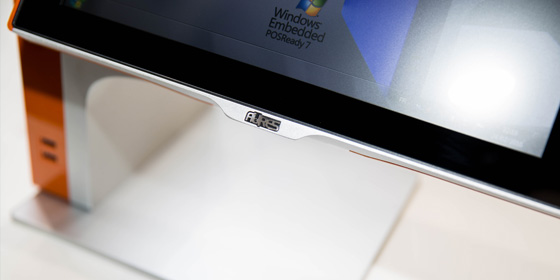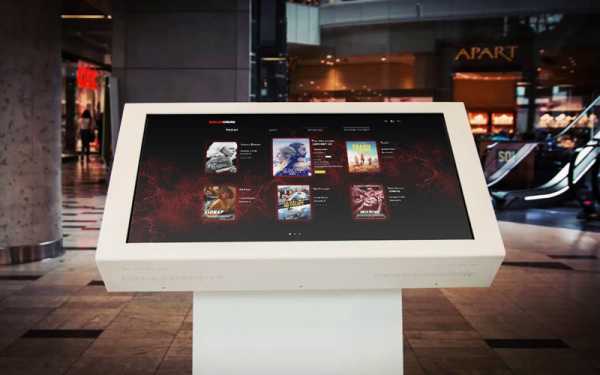Self-service is a well-established trend in cinemas. For years, operators have been using automated ticket machines to cut down on queues at peak times.
One benefit of automated ticketing is that it links very conveniently with online ticket pre-ordering. Cinema-goers can book online, pay by card and then, when they present the same card at the ATM in the cinema foyer, their tickets are printed, further reducing waiting times.
Yet there are signs that automated ticketing has had its day. With mobile technology as prevalent as it is, there is no longer any reason to print a ticket for pre-orders. Once a purchase is made online, customers can simply download a QR code to their phone or have it sent via email or push notification. This reflects the fact that more and more online transactions happen on a mobile device, which also represents a greener solution.
Automated ticketing machines are also being supplanted by another type of self-service payment technology. Self-service kiosks are on the rise with some cinema operators indicating they will replace automated ticket machines with self-service kiosks as soon as 2020.
If you ever eat in a fast-food restaurant, you are probably already familiar with self-service kiosks. Let’s take the example of McDonald’s. Nowadays, when you go into a McDonald’s, you place your order on a kiosk touchscreen and pay at a card terminal there. Your order is then relayed to a service area, where food prep staff monitor the incoming orders on kitchen screens, prepare your meal and hand it over when it is ready.
Added value
In a cinema, this kind of approach is attractive because it means customers can buy everything they need in one place. One of the sticking points in the cinema-going experience is having to buy a ticket and then go to another line to buy snacks and drinks from a concession. With self-service kiosks, you can book and pay for your seat and all your snacks at the same time, and then simply go and collect your food and drink from a service point on your way in to watch the movie.
There is more than just convenience at stake here. The self-service kiosk model, as demonstrated in the fast food sector, has the potential to transform cinema operations and add considerable value to revenue streams.
Cinema concessions have traditionally stocked limited ranges of food and drink. And yet most modern cinema complexes are surrounded by bars and restaurants, all capitalizing on the traffic the cinemas generate.
Cinema operators would love to grab some of this additional revenue for themselves by expanding their offering to include licensed bars and hot food concessions. Some already do, but traditionally they have struggled with the logistics of how to efficiently manage ticket and food sales, especially at peak times. The last thing they want to do is create more queues add create a negative experience.
Self-service kiosks can be part of the answer. Existing concessions can be cleared out and turned into service areas rather than retail units, bars for serving drinks and kitchens for preparing food. Because order and payment is separated from fulfilment, you can make everything work more efficiently with minimal queues, as you now see in McDonald’s.
Cinemas could then greatly expand their food and drink ranges, experiment with what they offer, introduce seasonal and promotional variations and so on. Machines are also much better at up-selling than people, who might do it once or twice but then stop as they get busier and busier. With a kiosk, it is automatic: do you want to go large? Do you want to add a drink with that? The more you ask, the greater the order size and the higher your revenues.
For the customer, of course, this all adds up to a simpler, streamlined yet ultimately more pleasant experience: the ability to buy tickets, food and drink all in one place, with less waiting and more choice.
The AURES team will be demonstrating our self-service kiosk solutions for the cinema trade at CinemaCon in Las Vegas from 1-4 April 2019.




